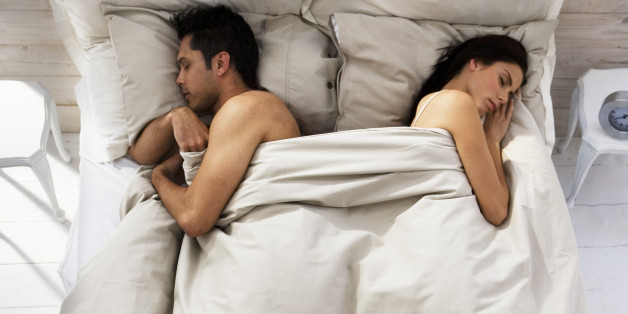Are your allergies connected to how well you sleep?
A study conducted by New York Medical College says there is a link between your REM sleep and your allergy symptoms.
We all know getting enough quality sleep is key to good overall health. This first-of-its-kind study is a breakthrough for many suffering from allergies.
“When I started focusing on the new REM-RDI numbers, I was able to connect patient’s symptoms such as fatigue, allergies, nasal blockage or congestion” with REM abnormalities, said Dr. Berson. “This led to the correlation of tired allergic patients having a problem during REM and some patients who were tired and had REM-RDI elevations testing positive for allergies.”
While the new approach can provide patients with sleep issues better diagnoses and new symptoms to look for, Dr. Berson cautions that there is no one-size-fits-all diagnosis.
“Every patient is different and the study aims to provide more clarity on the relationship between allergies and a person’s overall quality of sleep,” said Dr. Berson. “The airway begins in the nose and its anatomic form needs to be properly balanced with its function. This shows that Ear, Nose, and Throat (ENT) doctors, as well as allergists and sleep physicians, should be collaborating more closely to help pinpoint sleeping problems patients may be facing.”
If you’re having trouble sleeping try iSleep Herb Pack a combination of herbs used together for over 500 years which will not interfere with any allergy medication you may be taking. iSleep herbs will help quiet your mind and stop the ruminating process. A quiet mind helps you get to REM sleep much faster and longer. Give it a try here, or find it on Amazon here.


 I having been surrounded (quite literally) for the past three days by so called “healthy products”, everything from fortified lolly pops, safer nail polish to every type of infused water possible. I had three days of endless conversations with wellness experts from around the world, Naturopaths, Dieticians, Chiropractors, Acupuncturists, Herbalists, Homeopaths and Bio-Chemists to name a few. Every health professional I spoke to had the same resounding theme, the key to better health is not in any one of these hot new health products that you’ll find at the Natural Products Expo and later on a
I having been surrounded (quite literally) for the past three days by so called “healthy products”, everything from fortified lolly pops, safer nail polish to every type of infused water possible. I had three days of endless conversations with wellness experts from around the world, Naturopaths, Dieticians, Chiropractors, Acupuncturists, Herbalists, Homeopaths and Bio-Chemists to name a few. Every health professional I spoke to had the same resounding theme, the key to better health is not in any one of these hot new health products that you’ll find at the Natural Products Expo and later on a 
